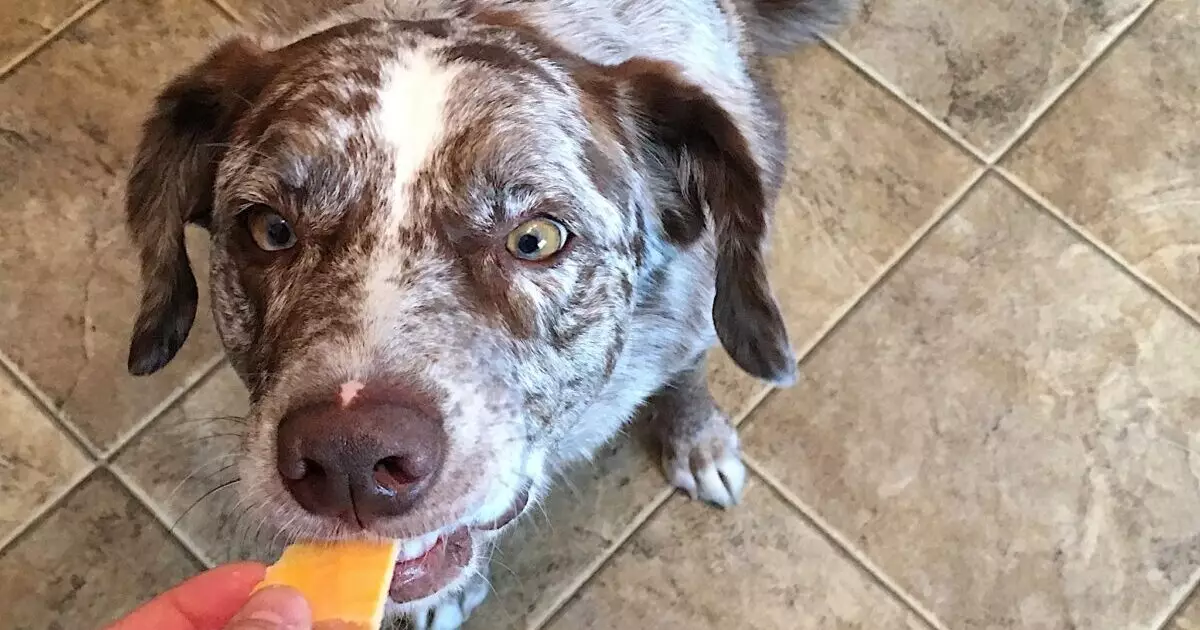For many dog owners, the subtle yet unmistakable sound of their furry friend’s flatulence can quickly turn into a source of embarrassment and concern. The reality is that while every dog might let out an occasional “toot,” some breeds and dietary choices can lead to a noxious odor that lingers long after the event. Understanding what contributes to your dog’s gassy episodes could be essential not only for your own comfort but also for your dog’s overall well-being.
Certain food items are notorious for causing digestive distress in our canine companions. High-fiber foods, especially beans, and dairy products pose particular risks. Many dogs struggle with lactose digestibility, leading to unfortunate side effects that no pet owner wants to deal with during cuddle time on the couch. The farts may not only be odorous but could signal underlying digestive issues that warrant a closer look.
Navigating the Minefield of Gassy Foods
It may come as a shock, but dogs are not genetically equipped to process foods that are staples for humans. Foods such as beans, soy, corn, and certain dairy items can lead to gassiness because dogs lack the necessary enzymes to break them down efficiently. In fact, the chemical reaction that occurs during the digestion of these substances produces gases like carbon dioxide, methane, and hydrogen. Does your dog love to share all the little snacks and meals that you enjoy? This could be where the flatulence problem begins.
Additionally, the realm of dog food is riddled with options that can exacerbate this issue—cheap brands often incorporate fillers and artificial additives that can severely upset your pup’s stomach. These choices can compromise not only the digestion process but also your dog’s overall health. High-quality dog food crafted from fresh, human-grade ingredients promises a more balanced and healthy diet, which can do wonders for your dog’s digestive system and significantly minimize those stink bombs.
Keep an Eye on Expiration Dates
It’s easy to overlook the expiration dates on dog food, particularly dry kibble, which often boasts a long shelf life. However, outdated food can lead to far more severe issues than just bad gas. The fats and oils in dog food break down over time, leading not only to rancid smells but to a myriad of gastrointestinal problems such as diarrhea and severe discomfort. Ensure that you store your dog food in a tightly sealed container and routinely check for expiration dates. Safe food equals a happy tummy!
Posture Matters—Understanding Brachycephalic Dogs
Understanding the anatomical differences in dog breeds can also shed light on why some dogs may be more prone to flatulence than others. Take the brachycephalic breeds—like Bulldogs and Pugs—whose short snouts predispose them to swallow air while they eat. As a result, they may experience more gas buildup than breeds with longer snouts. If your dog belongs to this group, special attention to their eating habits is essential. Slowing down their eating using specialized feeders can significantly minimize the intake of air and help reduce the frequency of flatulence.
Offering Table Scraps? Choose Wisely
As tempting as it is to reward our furry companions with delightful table scraps, it’s prudent to avoid giving them foods that could aggravate their digestive systems. Make it a household rule to steer clear of products that contain beans, dairy, and any heavily processed items. Opting for high-quality, fresh pet food brands—like Ollie—provides a solution that is not only nutritious but specifically designed to meet the dietary needs of dogs without unnecessary fillers. Healthier diet choices will undoubtedly bring about a more pleasant atmosphere in your home.
The Bottom Line: Feeding with Love
At the end of the day, the comfort and happiness of your furry friend should be your paramount concern. Investing in a nutritious diet and understanding which foods trigger gassiness will enhance your dog’s quality of life and strengthen the bond between you. While it’s an inevitable aspect of dog ownership, making informed decisions regarding their food can illuminate the path toward a more graceful existence—free from the reek of overly pungent puffs. Transitioning to a high-quality dog food like Ollie not only minimizes the unpleasant odor but promotes overall health and vitality. Your loving efforts will not go unnoticed by your beloved pet, and the result is a happier household for everyone.

